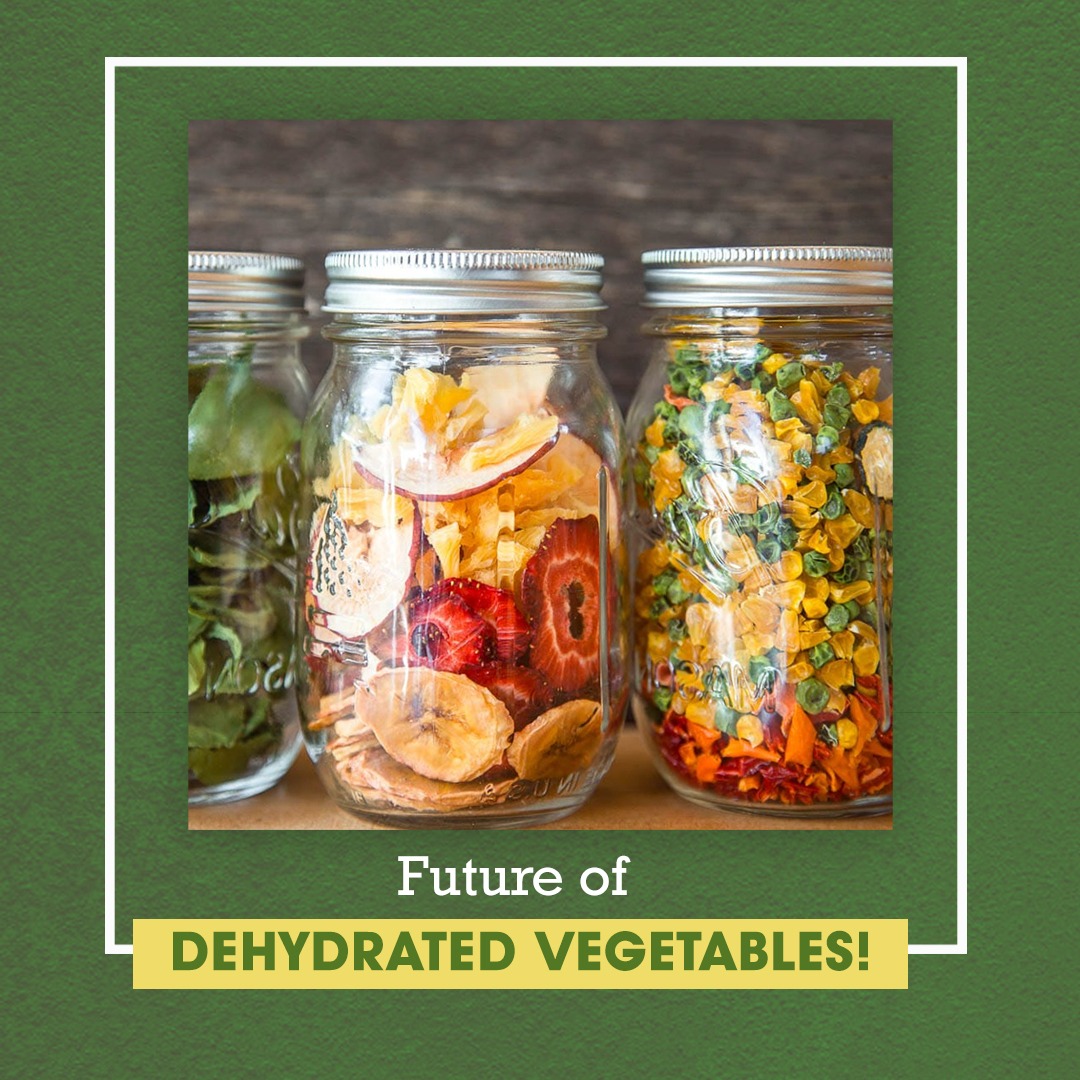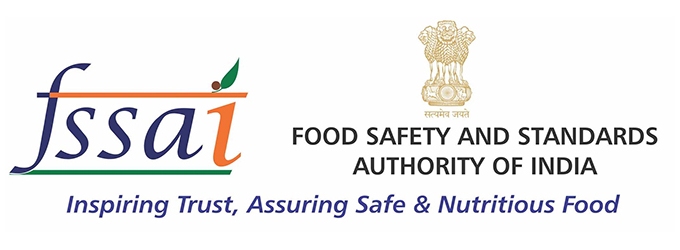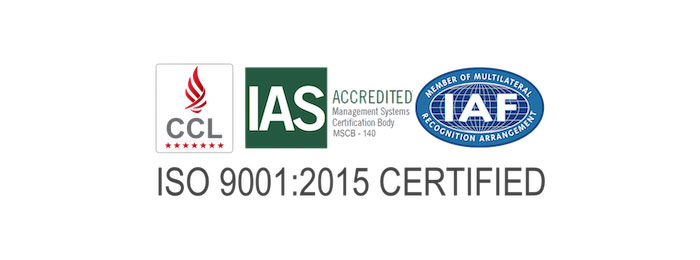Future outlook
Companies have recently been encouraged to create dehydrated
vegetables with specific certifications, claims, and labeling.
The proper product labeling goes a long way in
helping customers believe in a brand, and the global clean label movement is
one method that producers of food and beverages (F&B) may help consumers
believe in their products. To increase openness throughout the food chain,
regulations in certain nations require clean label packaging with precise
information on ingredients, source, and processing techniques. Therefore,
businesses are concentrating on creating a favorable
perception of their products in the marketplace. Consumers' excessive desire for
healthy food products has given rise to profitable expansion prospects.
Food producers emphasize using dehydrated veggies in their
product range to meet the growing demand for natural and healthy food
ingredients. Dehydrated veggies take up half as much space as fresh vegetables
and preserve their nutritional value, making it easier for food manufacturers
to transfer their products from one location to another. Dehydrated veggies are
easy to carry and high in nutrients and dietary fiber,
both of which have driven market growth.
Scope in the food
industry
Customers find it more challenging to cook at home because of
the demanding work environment in metropolitan centers,
which results in increased work time. Consumers are increasingly choosing
packaged and ready-to-eat meals due to their hectic lifestyles. Thanks to
dehydrated vegetables, customers can enjoy excellent recipes that require less
preparation time. In the meanwhile, a variety of dry vegetable options are
readily available, giving consumers more choices.
Customers are looking for food products that are easy,
affordable, and flavorful to fit their fast-paced
lifestyles, which presents a plethora of growth potential for manufacturers of
dehydrated vegetable products.
Conclusion
Dried vegetables have a robust supply chain with first-rate
transportation capabilities and environmentally friendly packaging options. Key
market players' production and marketing initiatives are still driven by
sustainability and innovation, in line with growing consumer awareness of
environmentally friendly production and packaging.
















